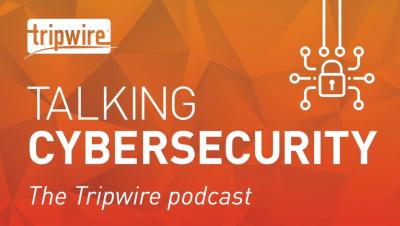Why Is It Important to Invest in OT Cybersecurity for 2022?
As we enter 2022, it’s important that organizations invest in cybersecurity for their operational technology (OT) systems. Why? One of the reasons is that Industry 4.0 can sometimes introduce more risk for OT. This is evident in several Industry 4.0 market trends. For example, there’s digital twin infrastructure. That’s where you make a digital copy of your production facility or your machine.



